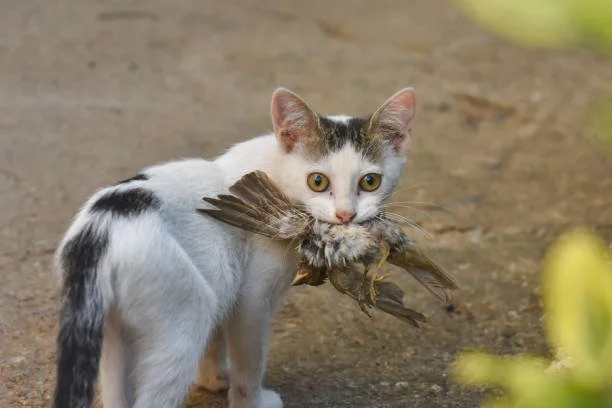Bird Flu: What You & Your Cat Need To Know
Bird flu, or avian influenza, is a virus that primarily affects birds. While it's less common for cats to contract it, recent outbreaks have shown that our feline friends can be susceptible, especially to certain strains like the highly pathogenic H5N1. At Whiskers Rescue AR, we're dedicated to the health and safety of all cats, and we want to ensure you have the information you need to protect your furry companions.
How Do Cats Get Bird Flu?
Cats typically contract bird flu by consuming infected birds. This can happen if your cat is an avid hunter or if they scavenge on dead birds. Less commonly, cats can also become infected by consuming raw meat or unpasteurized dairy products from infected animals, or through contact with contaminated surfaces.
Why Keeping Cats Indoors is Crucial
The single most effective way to protect your cat from bird flu is to keep them indoors. This drastically reduces their chances of encountering infected birds. We understand that some cats enjoy exploring the outdoors, but even supervised outdoor time can pose a risk. If your cat does venture outside, always supervise them closely and prevent them from hunting or eating wild birds.
Other Ways to Keep Your Cat Safe:
* Avoid Feeding Raw Diets: Raw food diets, while sometimes promoted as "natural," can carry a risk of various pathogens, including bird flu. Stick to commercially prepared cat food that has been cooked and processed to eliminate these risks.
* Keep Food Preparation Areas Clean: If you handle raw poultry (for yourself, not your cat!), thoroughly clean all surfaces, utensils, and your hands afterward to prevent potential contamination.
* Be Cautious Around Wild Birds: If you see a sick or dead bird, keep your cat away from it and avoid touching it yourself. Contact your local animal control or wildlife authorities for guidance.
* Monitor for Symptoms: Bird flu in cats can manifest in various ways, including fever, lethargy, loss of appetite, respiratory issues (coughing, difficulty breathing), neurological signs (seizures, incoordination), and digestive problems (diarrhea, vomiting).
What to Do if You Suspect Bird Flu:
If your cat exhibits any of these symptoms, it's crucial to contact your veterinarian immediately. Early diagnosis and treatment are vital for improving your cat's chances of recovery. Be sure to inform your vet if your cat has had any potential exposure to wild birds or raw poultry.
At Whiskers Rescue AR, we believe that prevention is the best medicine. By taking these precautions, you can significantly reduce the risk of your cat contracting bird flu and ensure they live a long, healthy, and happy life. We're here to support you in providing the best possible care for your feline friends.
Sources:
* American Veterinary Medical Association (AVMA): https://www.avma.org/ (This is a general link; you can search their site for specific articles on avian influenza)
* Centers for Disease Control and Prevention (CDC): https://www.cdc.gov/flu/avianflu/index.htm
* World Organisation for Animal Health (OIE): https://www.oie.int/ (Again, this is a general link; search for avian influenza)
Note: It's always a good idea to consult with a veterinarian for the most up-to-date and specific information regarding bird flu and your cat's health. This blog post is for informational purposes only and does not constitute veterinary advice.
